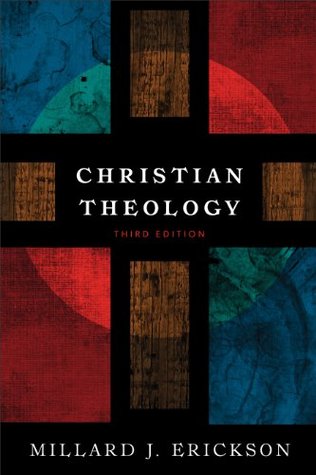More on this book
Kindle Notes & Highlights
Humans are wondrous and complex beings. They are capable of executing intricate physical feats, performing abstract intellectual calculations, and producing incredibly beautiful sights and sounds.
Beyond this, human beings are incurably religious.
A set of practices, of either ritual or ethical behavior or both, attaches to a religion. Certain attitudes or feelings, such as awe, guilt, and a sense of mystery, are found in religion.
Finally, there are often, but not always, certain social dimensions. Groups are frequently formed on the basis of a common religious stance or commitment.11
Rudolf Otto, who spoke of the numinous, the awareness of the holy.13 This was continued in much of twentieth-century religious thought, with its reaction against logical categories and “rationalism.” Popular contemporary Christian worship shows a strong emphasis on feeling.
This of course disposed of the possibility of any real knowledge of or cognitive basis for religion as traditionally understood.15 Rather, Kant determined that religion is an object of the practical reason. He deemed that God, norms, and immortal life are necessary as postulates without which morality cannot function.16 Thus religion became a matter of ethics. This view of religion was applied to Christian theology by Albrecht Ritschl, who said that religion is a matter of moral judgments.17
Religion is actually all of these—belief or doctrine, feeling or attitudes, and a way of life or manner of behaving. Christianity fits all these criteria of religion. It is a way of life, a kind of behavior, a style of living. And it is this not in the sense of merely isolated individual experience, but in giving birth to social groups. Christianity also involves certain feelings, such as dependence, love, and fulfillment. And Christianity most certainly involves a set of teachings, a way of viewing reality and oneself, and a perspective from which all of experience makes sense.
Christian? James Orr put it well: “He who with his whole heart believes in Jesus as the Son of God is thereby committed to much else besides. He is committed to a view of God, to a view of man, to a view of sin, to a view of Redemption, to a view of the purpose of God in creation and history, to a view of human destiny found only in Christianity.”
The discipline that concerns itself with describing, analyzing, criticizing, and organizing the doctrines is theology. Thus theology is a second-level activity as contrasted with religion. It is to religion what psychology is to human emotions, what aesthetics is to works of art, what political science is to political behavior.
theology: the discipline that strives to give a coherent statement of the doctrines of the Christian faith, based primarily on the Scriptures, placed in the context of culture in general, worded in a contemporary idiom, and related to issues of life.
theology relates to living rather than merely to belief.
A narrower sense of the word refers to those endeavors that treat the specifically doctrinal character of the Christian faith. Here are found such disciplines as biblical theology, historical theology, systematic theology, and philosophical theology. This is theology as contrasted with the history of the church as an institution, the interpretation of the biblical text, or the theory and practice of ministry. Within this collection of theological subjects (biblical theology, historical theology, etc., defined below), we may isolate systematic theology in particular. It is in this sense that
...more


